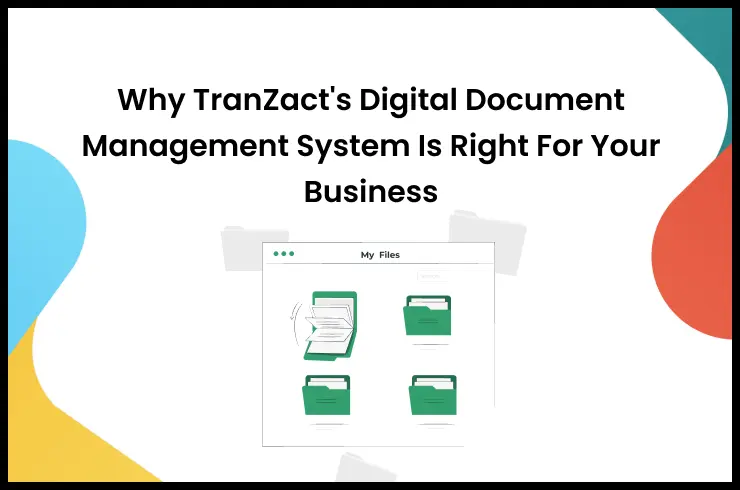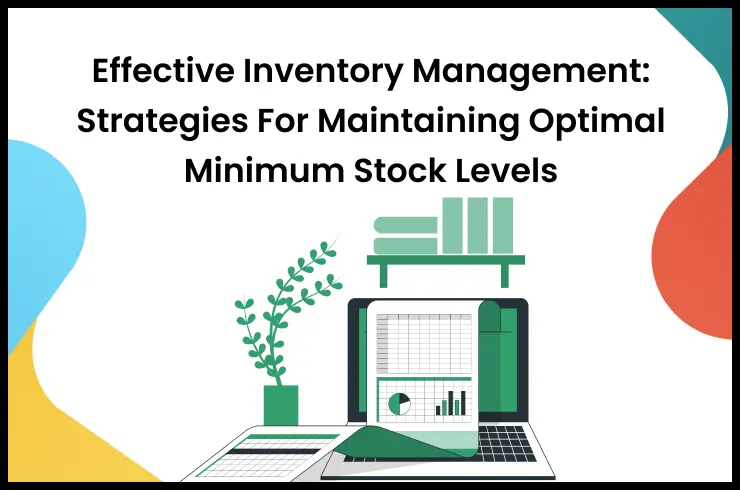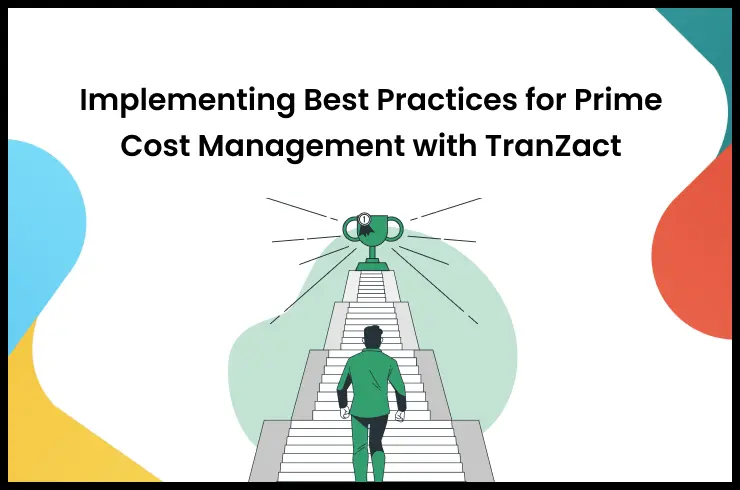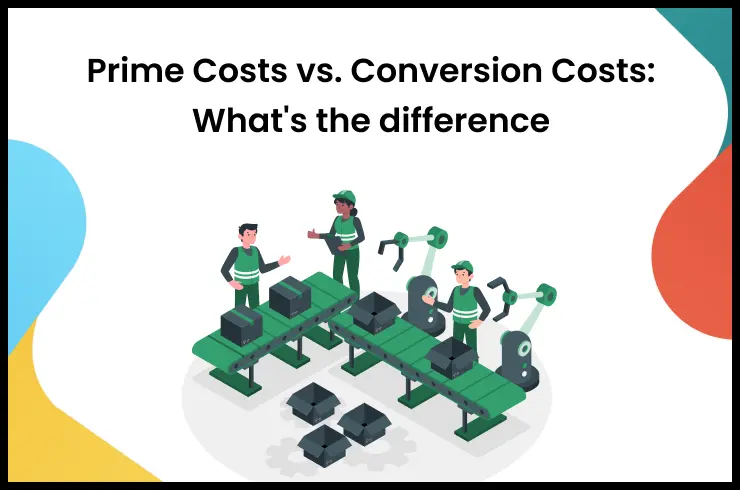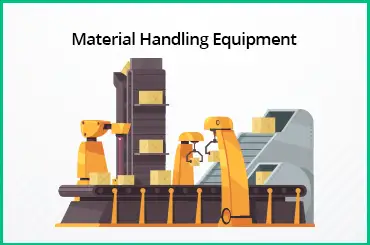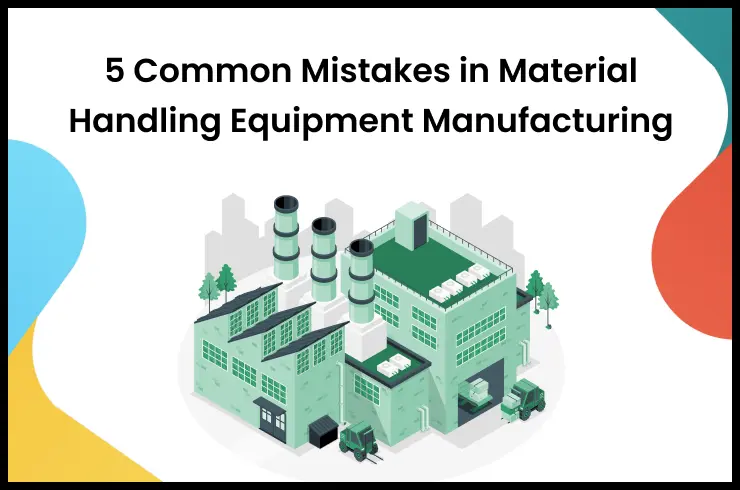Many Indian SME manufacturers still rely on paper documents, which can cause problems like difficulty in finding information, delays in sharing documents, and the risk of losing important data. These challenges can slow down work, increase costs, and lead to misunderstandings.
This blog post will explain what digital documents are and how they can help solve these problems. We’ll look at the benefits of digital documents, such as easier access, better security, and improved teamwork, helping businesses work more efficiently.
What Is a Digital Document?
A digital document is a virtual document that contains relevant information for both the sender and the receiver but does not exist in the form of paper. These documents exist only in the virtual world, which means they exist either on a computer or online in a cloud-based digital documentation system.
Operating in the Indian business environment, you may have come across the term 'hard-copy' and 'soft-copy'. A hard copy is a physical document that exists in paper form whereas a digital document is what is sometimes referred to as a 'soft copy', in regular business language.
There are several advantages of digital documentation for your business. It leads to increased productivity, since you have more control over the document as it changes hands during regular workflows. Another key benefit of using digital documents is a much higher degree of data security and reliability than trying to secure paper copies.
Read How Industry 4.0 Is Transforming Manufacturing Industry: Part 1.
Digital Document vs Electronic Document: What Is the Difference?
In a business communication environment, the terms digital documents and electronic documents are often used interchangeably. They are, however, two very different things. An electronic document is made up entirely of pure data and is meant to be processed and understood by a computer and not necessarily a human. It is a document that goes from one computer system to another and does not need any human intervention.
Digital documents are meant to be used by humans as a way to develop a particular piece of communication or information, for addressing a specific objective. If your team has worked together on a PowerPoint presentation for an internal meeting, that is a great example of a digital document, as it can be accessed from anywhere without hassles.
Read How to Transition from Paper to Digital Documents: A Step-by-Step Guide
Types of Digital Documents
Digital documents are a very handy tool across a variety of use cases in the modern work environment. Whether it be the need for collaboration or to achieve quick information transfers or even to ensure complete security, the benefits of digital documentation are plenty.
Let's take a look at a few popular types of digital documents that can help your business be more productive:
Team collaboration and communication
Whether you operate at a large scale or small, there is always a need for easy and effective modes of communication internally. Be it office memos that need to be shared with the entire team or a press communication that needs to be processed by a particular department, digital documents make it easy and fast.
For cases where multiple teams need to work together to develop something, digital documents such as PowerPoint presentations or Excel worksheets can make collaboration a lot more productive.
Legal files
Business owners will need to maintain certain records of their employees that tend to fall under the category of legal documents. These can be things like medical records of employees or personal financial data in some cases. These documents are highly confidential and need to be protected. Digital documents are the preferred mode of documentation as they can be easily encrypted and password protected to ensure no data breach can occur.
Accounting invoices
In the business operating environment, a recurring type of document used is an invoice. Digital documents like these are used to make the workflow more efficient and less time-consuming. From a compliance point of view, invoices need to maintain the same format across transactions, except for key details that change per transaction such as the invoice number, amount due, and the due date. This can be easily achieved with the use of digital documents.
Job applications
Digital documents are very useful as a tool to make the entire process of job applications more efficient. Your human resources department will need to screen candidates across a multitude of criteria and that is where digital documents are extremely effective. When potential candidates need to apply, they will simply need to fill out a virtual document that has multiple fields and forms. These fields will allow your team to filter out candidates easily and move forward with the recruitment process efficiently.
Human Resource records
Very often you may need to maintain certain personal records of your employees, from a compliance standpoint. Documentation about your teams such as education records, insurance documents, and salary details are all examples of digital documents that are used in the course of conducting business. These documents need to be kept private and easily accessible, and this is best done with the use of digital documents.
Manage Digital Documents Using the Cloud
A digital documentation system that is cloud-based is the most effective way to manage all your data and critical documents. When you use the cloud to manage your documents, you get instant access to all your data, with the click of a button. Digital documents that are stored in the cloud can be organized in a manner that makes it easy to use, across departments.
This helps significantly in saving time and makes the operational workflow smooth. Your teams can collaborate and all changes and updates are done in real time, saving you unnecessary back and forth.
Cloud-based digital documents are all stored in a central location and are kept secure with access levels that can be highly regulated. Digital documents can be further secured with the use of password protection so only those that are supposed to, can access them.
Read How Industry 4.0 Is Transforming Manufacturing Industry: Part 2.
Digitize Your Entire Business With TranZact
As an SME manufacturer in India, you stand to benefit significantly by adopting technology to transform your operations. TranZact has developed a variety of solutions and tools that will help you make the transition from paper-based data to digital documentation.
Read How TranZact Can Digitise Your Manufacturing Business: A Comprehensive Guide
It's easy to adopt and will enable you to encrypt all your data end-to-end. From increased team productivity to reduced overhead costs, from sophisticated data security to a delightful customer experience, digitizing documents using TranZact has several advantages.
TranZact helps to create several GST-compliant documents online, enabling you to access relevant data much faster and with ease. It digitizes all core functions for SMEs across quotations, sales, purchases, inventory, and production. This empowers business owners to gain more control and oversight over everyday operations and scale better.
FAQs on Digital Documentation
1. Why should you use digital documents?
Digital documents are useful to a business for a variety of reasons. To begin with, a digital document is a 'live' document that allows you and your team to collaborate and make changes with ease. If you are using a cloud-based digital documentation system, all your changes will reflect in real time. This saves you a lot of unnecessary back and forth. By eliminating the use of paper you will end up avoiding unnecessary expenses. A digital document is also highly secure and is the best way to protect information as it can be completely encrypted.
2. Should I use a digital document management system?
Yes, you should use a digital document management system as it is very beneficial for your business. It can lead to increased productivity, a reduction in your overhead costs associated with paper documents, and an enhanced data security experience. All of this results in your end customer having a better experience.
3. How to ensure security for digital documents?
When making use of digital documents for your business, one of the key factors you will need to consider is the level of security of these documents. To begin with, digital documents can be password protected so that they can only be used by authorized personnel. Additionally, digital documents can be encrypted completely, to avoid displaying data to those that do not have the required access. You can also easily manage the level of access you give to people, as well as make use of watermarks across the documents so they cannot be leaked without your knowledge.
4. What are the benefits of digitization in business?
Digitizing your business is the best way to bring your operations into the modern way of working. Every organization uses digitization to transform their business into being more efficient. By digitizing your business, you can end up saving time as well as avoid unnecessary expenses and delays. Digitize your entire business operations with TranZact and reap the benefits of a sophisticated operating system.







